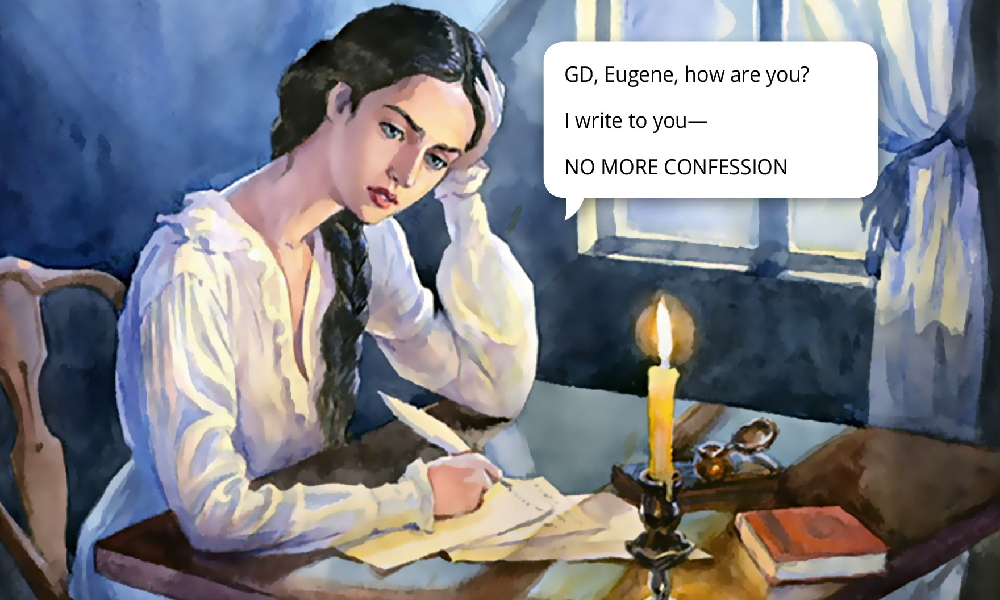Another interesting Internet communication tool is deliberate strikethrough. It imitates a slip of the tongue: the person writing something pretends to have said something wrong first but emphasizes this word or phrase to show it to the readers using strikethrough (or the word "zacherknuto/crossed out"). This tool is usually used to express irony or show a language game, e.g. "And the first place in a European city any tourist goes to is a bar, sure enough, the old city."
Lately, shortened politeness formulas such as sps (spasibo)/thx (thanks) and dd (dobry den)/gd (good day) have been commonly used. These formulas can often be puzzling or irritating because as such they do not perform their primary function of showing respect anymore. "Spasibo" is rather common and quite appropriate in friendly correspondence, but "dobry den" is used only in formal communication with unfamiliar people or complete strangers, so it should not be shortened.
Let us say a few words about the expression "dobrogo vremeni sutok/good whatever time of day applies." It has emerged in the Internet age because the message sent, for example, in the daytime in one time zone, is delivered instantly and can be read by the recipient from another time zone, where the evening has already come. Somebody thought it inappropriate and impolite
to write "dobry den" in such cases (though this is not true, "dobry den" is a universal Russian greeting because the word "den" can also mean "sutki/24-hour day"), and a new greeting formula—"dobrogo vremeni sutok" was invented. But now it is perceived as a cliché from the 2000s and irritates many people.
Besides, this expression is grammatically wrong. When greeting somebody, it is customary to use nouns in the nominative case ("dobroe utro/good morning," "dobry den," "dobry vecher/good evening"), and we use the genitive case when saying goodbye ("dobroy nochi/good night," "udachi/good luck," "khoroshego dnya/have a good day!"). That is why you had better give up using a rather awkward "dobrogo vremeni sutok" and get back to a standard "zdravstvuyte.
Punctuation on the Internet also has its peculiarities. Internet communication is usually free of complex syntactic constructions, participial and adverbial participial phrases, so people rarely need a lot of commas, semicolons, dashes, and colons. But even punctuation marks that must be used according to punctuation rules are often omitted. The reason is banal: people just do not want to waste their time on them.





